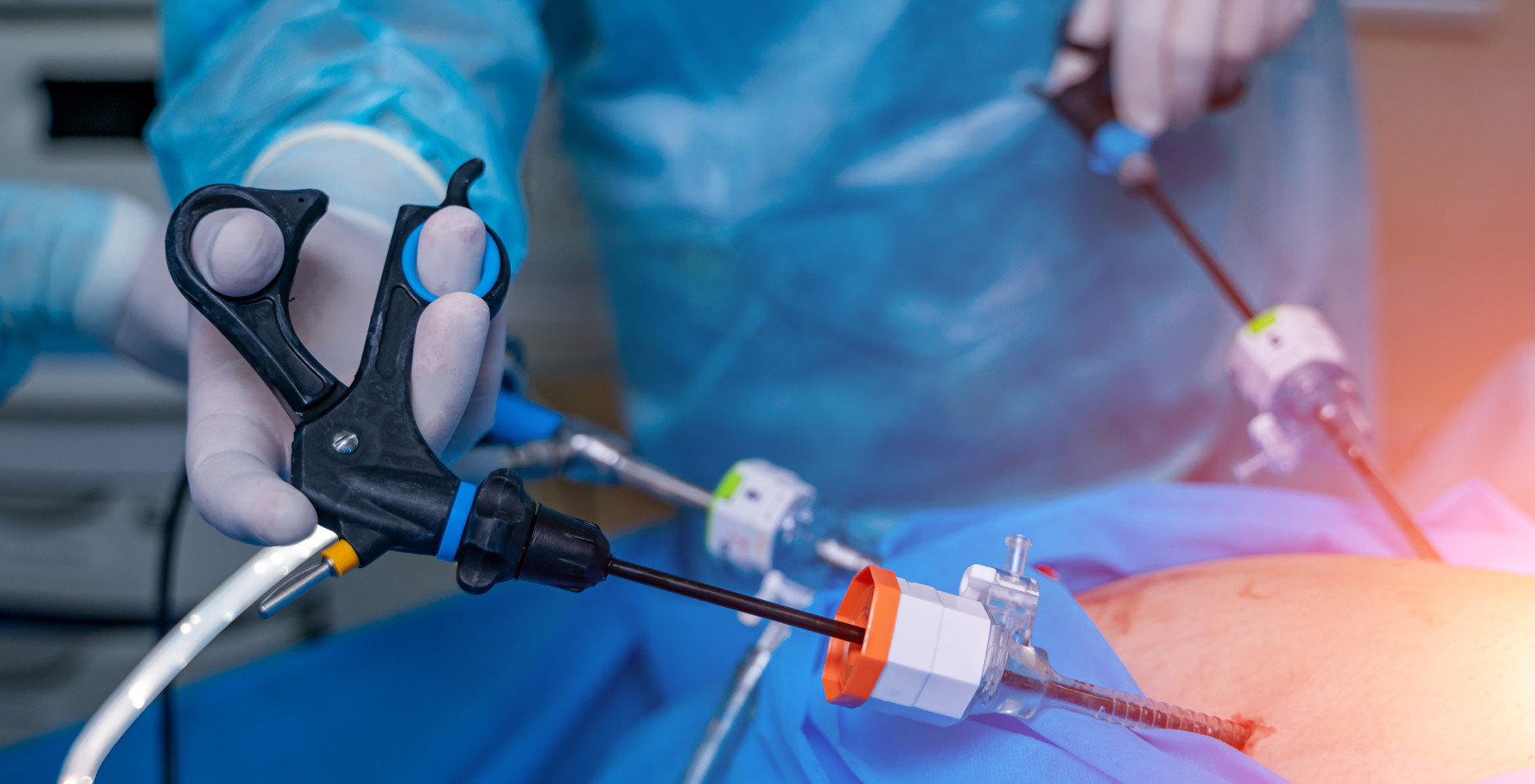
Contact
Mr Ahmed R. Ahmed
a.ahmed07@imperial.ac.uk
What we do
The prevalence of obesity is rising rapidly. Currently, one quarter of UK adults are obese (BMI greater than 30kg/m2) and if trends continue, by 2050, obesity and its devastating health consequences will affect over 50% the population. Obesity is a leading cause of preventable death worldwide and is associated with a range of health problems including type 2 diabetes, cardiovascular disease, cancer and poor outcome COVID-19. The resulting costs to the NHS and the wider economy are estimated to at £49.9 billion per year (or 3% of GDP).
Currently, multidisciplinary diet and lifestyle programmes (known as Tier 3), which are costly to deliver, produce only modest weight loss of 3-5%, and often fail to result in long-term weight-loss maintenance. Bariatric surgery (now also referred to as metabolic surgery or Tier 4) is highly effective achieving 25-35% weight loss, is well maintained and results in resolution of many obesity-related co-morbidities. While it is cost effective (recommended by NICE and previously HTAs), provision remains low due to its high upfront cost and societal stigma against obesity. About 3.6m people in England are eligible for weight- loss surgery, but the latest figures show that just 6,627 people (0.2% of those eligible) had this surgery in 2017-18.
Therefore, there is a clear and urgent need for efficacious alternatives to tier 3 lifestyle measures as well as the requirement for interventions that are cheaper and safer than tier 4 surgical treatments and which offer sustained weight loss of >5% for those with a BMI >35kg/m2.
Why it is important
The aim of our research is to provide the best available evidence about the clinical efficacy and mechanism of action of lifestyle modification, pharmacotherapy, medical devices and bariatric/metabolic surgery. By understanding these mechanisms we can optimise their efficacy, safety and cost-effectiveness. We are also investigating predictors of clinical response to these treatments in order to personalise them to the patient’s specific characteristics.
As an internationally recognised centre for weight loss (metabolic) surgery, and as a clinical program in a world-renowned hospital (Imperial College Healthcare NHS Trust) and medical school (Imperial College London), we have a responsibility to lead on and participate in cutting-edge cross-disciplinary research in obesity and bariatric surgery.
How it can benefit patients
The results of our collegiate, cutting-edge research output improves treatment for patients undergoing bariatric surgery for morbid obesity and its related health conditions and in addition, will trail-blaze the introduction of new and innovative treatments.
Summary of current research
Bariatric/metabolic surgery
- Mechanisms of action through state-of-the-art deep phenotyping. This includes dynamic metabolic studies, eating behaviour, gut hormone, bile acid, microbiota and omics, and functional neuroimaging.
- Modification of surgical procedures to improve clinical outcomes
- Prediction of diabetes remission
- Male and female fertility, pregnancy, mental health, kidney and liver disease outcomes after surgery
- Improvement of perioperative anaesthetic care
Development of novel non-surgical treatments for obesity
- Pharmacotherapy (commercial and investigator-led) e.g. GLP-1 receptor agonists, gut hormone combinations, oral encapsulated gut hormones.
- Endoscopic treatments e.g. Duodenal Mucosal Resurfacing, Duodeno-jejunal bypass liner.
- Interventional Radiology treatments e.g. left gastric artery embolization (EMBIO)
Additional information
- NIHR
- MRC
- Jon Moulton Charitable Foundation
- Novo Nordisk UK Research Foundation
- Wellcome Trust
- Imperial College Healthcare Charity
- Industry (e.g. Novo Nordisk, Fractyl, GI dynamics, AnaBio)
Our researchers
Ahmed R. Ahmed PhD FRCS
/prod01/channel_3/media/migration/faculty-of-medicine/mrahmed1_1612285134377_x4.jpg)
Ahmed R. Ahmed PhD FRCS
Clinical Senior Lecturer in Bariatric Surgery
Dr Saira Hameed
/prod01/channel_3/media/migration/faculty-of-medicine/dr-saira-hameed_1611059744671_x4.jpg)
Dr Saira Hameed
Honorary Clinical Senior Lecturer
Dr Harvinder Chahal
/prod01/channel_3/media/migration/faculty-of-medicine/harvinderchahal_1611059831278_x4.jpg)
Dr Harvinder Chahal
Consultant in diabetes and endocrinology
Dr Samantha Scholtz
/prod01/channel_3/media/migration/faculty-of-medicine/image-6_1611059978659_x4.jpg)
Dr Samantha Scholtz
Consultant psychiatrist
Dr Alex Miras
/prod01/channel_3/media/migration/faculty-of-medicine/dr-alex-miras-pic-tojpeg-1554405176688-x1_1611060125224_x4.jpg)
Dr Alex Miras
Clinical Senior Lecturer
Mr Krishna Moorthy
/prod01/channel_3/media/migration/faculty-of-medicine/portrait-7_1612284925813_x4.jpg)
Mr Krishna Moorthy
Clinical Senior Lecturer in Upper Gastrointestinal
Mr Sanjay Purkayastha
/prod01/channel_3/media/migration/faculty-of-medicine/sanjay-0-tojpeg-1487168967360-x1_1612285059783_x4.jpg)
Mr Sanjay Purkayastha
Clinical Senior Lecturer in Bariatric Surgery
Dr Jonathan Cousins
/prod01/channel_3/media/migration/faculty-of-medicine/john-cousins-2_1611060226671_x4.jpg)
Dr Jonathan Cousins
Consultant anaesthetist
Related courses
Specialist stream in Bariatrics:
- Bariatrics Surgery
- Obesity Medicine
/prod01/channel_3/media/migration/faculty-of-medicine/t-tan_1611059673283_x4.jpg)